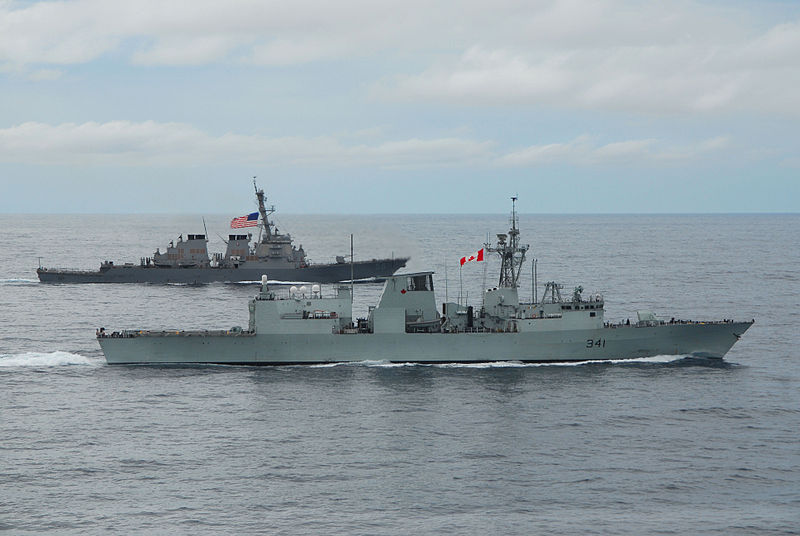The Canadian Global Affairs Institute (CGAI) recently released a report arguing that, like the United States, Canada should demonstrate a stronger commitment to Asia beyond the economic-commercial dimension to “include a robust defence and security dimension.”
Canada played a prominent role in Asian security matters throughout the mid-90s, participating in multilateral security deliberations and joint military exercises. Since then, however, Canadian Global Affairs Institute Fellow Marius Grinius says that, despite the nation’s considerable economic interests in Asia Pacific, “[Canada’s] security record there is modest.”
With the looming election, and most political parties still sorting out their platforms, there is little information as to how the Canadian government will address the issue in the future. After the United States, Canada’s number two and number three trading partners are in Asia, and although trade with the region is still healthy, CGAI reports that potential military conflicts “still have the ability to jeopardize Asia’s economic achievements.”
Increased military engagement in the vast Asia Pacific region would require a significant boost to military spending, something that NATO has been advocating for among its members for some time. Canada currently spends approximately 1% of GDP on defence, and NATO would like to see that number double.
As the Canadian defence industry forges ahead despite a pre-election backlog of major procurement programs, it remains to be seen how the government will respond to CGAI’s findings. One thing is for certain, however: As the security situation in the Asia Pacific region rapidly evolves, remaining disengaged could have severe economic consequences.
The complete report, “Canada and Asia: Prosperity and Security”, is available online via: www.cgai.ca

